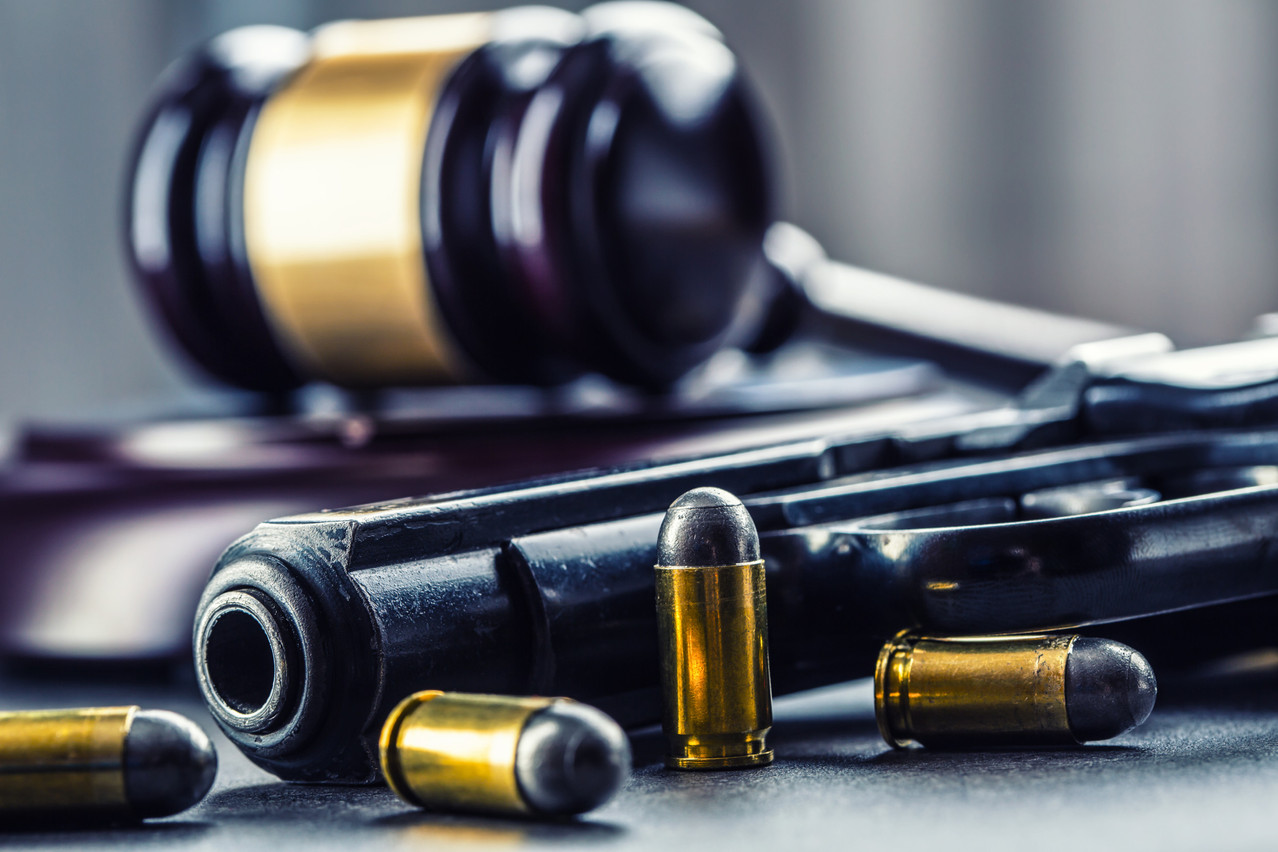Authorities conducted 283 investigations on violations of Luxembourg’s gun laws in 2020 compared to 274 in 2013, justice minister Sam Tanson and interior security minister Henri Kox (both Déi Gréng) said in a joint answer to a parliamentary question this week.
The number of convictions has however gone up dramatically from only four in 2019 to twenty-five the following year. Although the 2020 figures could be an anomaly, convictions related to illicit weapons could go up after Luxembourg transposed an EU directive on firearms.
The legislation, which member states were required to transpose into national law by 14 September 2018, sets common minimum standards on the acquisition, possession, and commercial exchange of civilian firearms, for example firearms used for sport shooting and hunting. The directive also includes changes to rules regarding arms sellers as well as signal weapons that could be converted into lethal firearms.
Last year the European Commission asked the European Court of Justice to order Luxembourg to implement the bill and planned to impose a daily fine. Member states often take longer than expected to transpose EU legislation and the argument of Luxembourg’s government was that the pandemic had delayed their efforts.
The ministers indicated in their reply to the parliamentary question that an illegal weapon is defined as “prohibited or subject to authorisation” and stated that the cases reflected in the released figures were related to illicit manufacturing or trafficking in firearms and ammunition, lack of authorisation and others.
